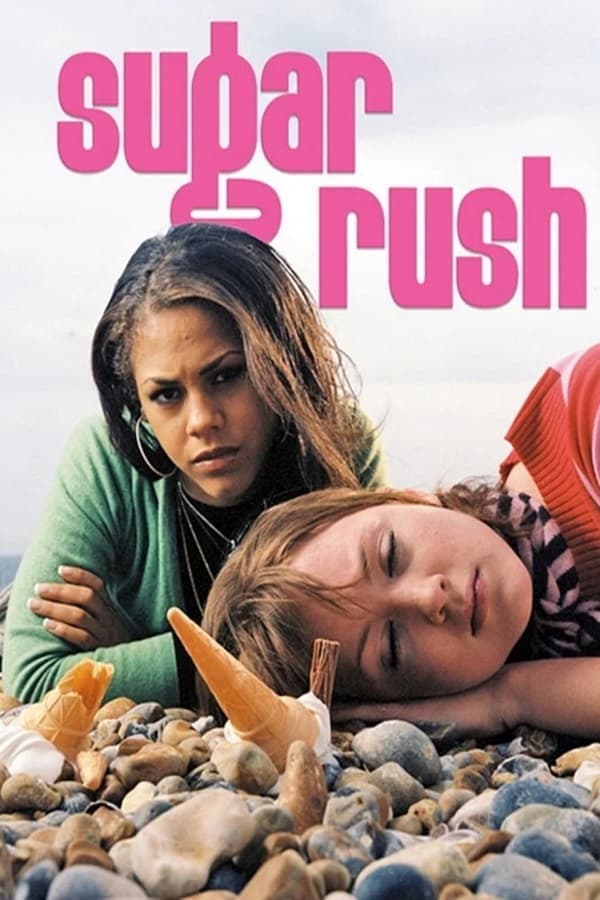
Sugar Rush
2005 • Comedy, Drama
Sugar Rush is an Emmy Award–winning British television comedy drama series developed by Shine Limited and broadcast by Channel 4, based on the Julie Burchill novel of the same name. It follows the trials and tribulations of teenager Kim Daniels, who is dealing with all the usual adolescent issues, plus one - she thinks she might be gay. Her family has recently moved to Brighton from London, and she finds herself with a huge crush on her new best friend, Maria `Sugar' Sweet. Sugar has a bit of a wild side, and frequently gets Kim into trouble, though Kim can find trouble on her own as well. Despite attractions to other girls, and a few attempts at being interested in guys, Kim continues to long for Sugar.
Why you should read the novel
Reading Julie Burchill’s original novel, Sugar Rush, offers a raw and unfiltered insight into the tumultuous world of teenage discovery. The book dives even deeper into Kim’s thoughts, painting a more nuanced portrait of adolescent confusion, crushes, and rebellion than the TV adaptation can achieve. Burchill’s distinctive voice and prose draw readers into a layered coming-of-age tale that refuses to shy away from the complex realities of identity and desire.
Choosing the novel allows you to experience Kim’s inner world without any screen filter, giving you a more immersive and personal journey. The story is both witty and brutally honest, making it a compelling read for anyone interested in LGBTQ+ themes, growing pains, and the dynamics of obsession. Reading the book provides details, motivations, and emotional depth not fully explored on television.
The source material is also a testament to Julie Burchill’s bold literary style and her commitment to portraying real, imperfect characters. If you want to understand the origins and full impact of Sugar Rush, the novel is the definitive version, capturing all the grit, humor, and heartbreak in a way only the written word can.
Adaptation differences
One of the main differences between the book and the TV series is the tone and narrative voice. Julie Burchill’s novel is grittier and more introspective, delving further into Kim’s emotions and psychological landscape. In contrast, the television adaptation tends to be lighter in tone, focusing more on dramatic events and friendships, often glossing over the novel’s deeper explorations of sexuality and mental health.
The plotlines diverge considerably between the two mediums. While the show expands Kim’s world with new characters and subplots—including more extended family dynamics and school life—the novel maintains a tighter focus on the intense relationship between Kim and Sugar. Some key events in the book either play out differently on screen or are omitted altogether to suit episodic storytelling and audience sensibilities.
Characterization is also notably different. For example, in the series, Sugar is portrayed as more likable and sympathetic, whereas the book’s Sugar is far edgier and morally ambiguous. This impacts the reader’s or viewer’s perceptions and the story’s ultimate emotional payoff, as the complexities and flaws of each character are more pronounced in the novel.
Lastly, the ending of the story diverges significantly. The TV adaptation resolves certain plot points with more optimism and closure, making it palatable for mainstream audiences. Julie Burchill’s book, however, concludes on a more ambiguous and realistic note, true to its unapologetic and rebellious spirit, letting readers sit with the unvarnished consequences of the characters’ choices.
Sugar Rush inspired from
Sugar Rush
by Julie Burchill

